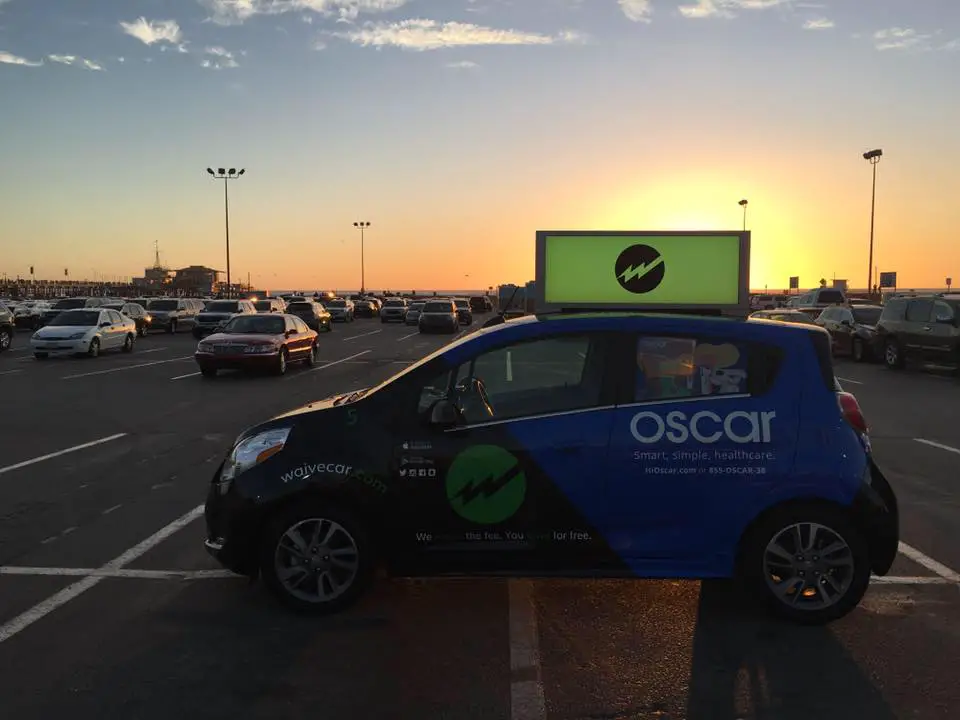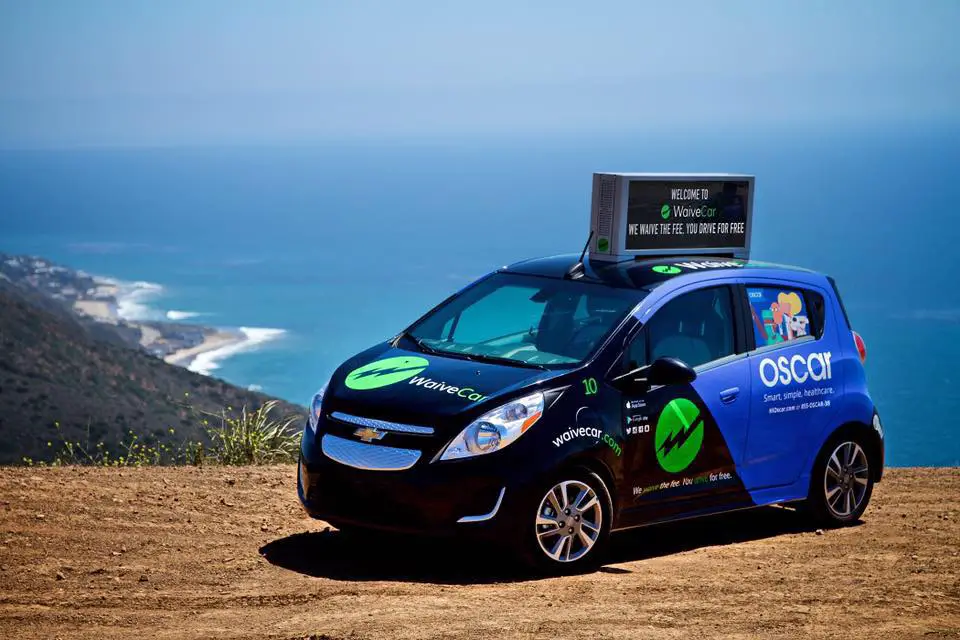WaiveCar, an innovative company that offers free electric car rentals with revenue generated from advertisements displayed on the cars, has had a journey marked by notable achievements and challenges since its appearance on Shark Tank.
The Shark Tank Pitch
Founded by Isaac Deutsch and Zoli Honig, WaiveCar made its Shark Tank debut in 2017. The entrepreneurs sought a $500,000 investment for 2% equity in their company.
Their business model was unique: offering free electric car rentals for up to two hours, with additional hours charged at a rate, and generating revenue through advertisements displayed on the cars.
Kevin O’Leary, one of the Sharks, offered a $500,000 loan at 12% interest with 2% equity and a significant discount on unsold advertising space. This deal marked the beginning of a new chapter for WaiveCar.
Related // 54 Thrones Shark Tank | Net Worth Update
Post-Shark Tank Development

After the Shark Tank episode, WaiveCar expanded rapidly. They added 19 cars to their fleet and began serving customers from Cal State LA.
The company leveraged its unique advertising model, allowing advertisers to broadcast commercials directly to the cars. This growth, however, was not without its challenges.
In 2020, Cal State LA stopped using the WaiveCar service due to insurance issues, and the onset of the pandemic further impacted the business.
Financials and Net Worth

WaiveCar’s innovative approach and rapid expansion led to significant attention and financial growth. At its peak, the company was valued at $25 million during the Shark Tank pitch.
As of 2023, different sources report its net worth to be between $5 million and $10.2 million. However, the current net worth is not precisely known.
Business Transition and Current Status
The founders, Isaac and Zoli, pivoted to a new venture, WaiveWork, which rented electric cars for $280 per week. In 2020, both founders joined REEF, a company focusing on transforming urban spaces.
The WaiveCar service shifted its focus to serve exclusively the residents of Level, a waterfront apartment complex in Williamsburg, storing its cars in a complex of over 500 residences.
The Legacy of WaiveCar
Despite facing challenges and eventually ceasing its original operations, WaiveCar’s business model was a pioneering effort in combining sustainable transportation with an advertising-driven revenue model.
The company’s journey from an innovative startup on Shark Tank to its eventual acquisition and business pivot reflects the dynamic nature of the tech and transportation industries.
As of April 2023, there have been no further updates regarding WaiveCar’s operations under new ownership or a revival of its original business model.
Conclusion
WaiveCar’s journey through Shark Tank and beyond showcases the challenges and opportunities faced by startups in the tech and transportation sectors.
The company’s innovative approach to car-sharing and advertising, coupled with its rapid expansion and subsequent challenges, provide valuable insights into the dynamics of entrepreneurship and business strategy in the modern era.

